What are Ole Gunnar Solskjaer’s Manchester United trying to be?
Contrary to the fears of some of their supporters, Manchester United do have a clear plan and tactical strategy under Solskjaer. So why isn’t it working?

Your support helps us to tell the story
From reproductive rights to climate change to Big Tech, The Independent is on the ground when the story is developing. Whether it's investigating the financials of Elon Musk's pro-Trump PAC or producing our latest documentary, 'The A Word', which shines a light on the American women fighting for reproductive rights, we know how important it is to parse out the facts from the messaging.
At such a critical moment in US history, we need reporters on the ground. Your donation allows us to keep sending journalists to speak to both sides of the story.
The Independent is trusted by Americans across the entire political spectrum. And unlike many other quality news outlets, we choose not to lock Americans out of our reporting and analysis with paywalls. We believe quality journalism should be available to everyone, paid for by those who can afford it.
Your support makes all the difference.On the day after Manchester United’s latest deflating defeat, a 1-0 loss to Newcastle United at St James’ Park, Ole Gunnar Solskjaer bounded into his office. The word from the staff was that “you wouldn’t know he’d lost”.
This is Solskjaer’s general demeanor, but isn’t quite a case of that kind of deluded optimism he has been accused of.
The United manager obviously knows there are huge problems. He couldn’t not. Sources say he was hugely downbeat after the 2-0 defeat to West Ham United, and questioning everything about the squad.
The primary problem, however, is that his side just don’t ask enough questions of opposition defences. United have only scored nine goals in eight matches, making them the eighth lowest scorers in the league.
In such situations, and where managers are as optimistic as Solskjaer, the rationale is to look at the underlying numbers: to take encouragement from the fact chances are being created but not taken. This cannot be the case here, because the numbers are even worse. Opta figures have United at 1.01 xG, the fourth worst in the Premier League. That essentially means they are the fourth worst at creating quality chances. Only Crystal Palace, Newcastle United and – surprisingly – Leicester City are inferior.
The fact they then willingly sold the “out” of a proven 20-goal striker in Romelu Lukaku without a replacement only makes this all the more damning, seemingly summing up so many of the club’s bad decisions.
You don’t really need the numbers to see this, of course. The play has been bad enough. United look like a team who have forgotten how to attack, which means Solskjaer is all the more mindful of the need to keep “attacking the day”.
It is nevertheless something that will be all the clearer to see this Sunday, cast against the brilliance of Liverpool’s forward line.
Whereas United are so dismal, the European champions are so full of life. Liverpool are a dizzying whirlwind of attacking movement, that itself stems from a clear idea of play on which Jurgen Klopp’s entire approach is based.
Coaches who have attempted to stop Liverpool speak of how their number-eights and full-backs are so effective at controlling the shape of a game and where the ball goes, before the movement of the attackers devastates the shape of the opposition defence. It is all so gloriously in concert.
For many in the game, this is the main difference between United and Liverpool and Manchester City – as well as their main problem.
There is not the same core idea, from which everything else can flow, including recruitment. It all begs the question of what exactly Solskjaer is actually trying to do with this team in attack. What are the side being told? What are the instructions? Is there anything like the same co-ordination that we see at City or Liverpool?
United sources, for their part, would dispute this. They maintain that a broad strategy was put in place in 2013, the summer Sir Alex Ferguson retired, with three pillars. Those pillars are (1) to win major trophies; (2) to play attacking football, with “x-factor players” and (3) to promote youth.
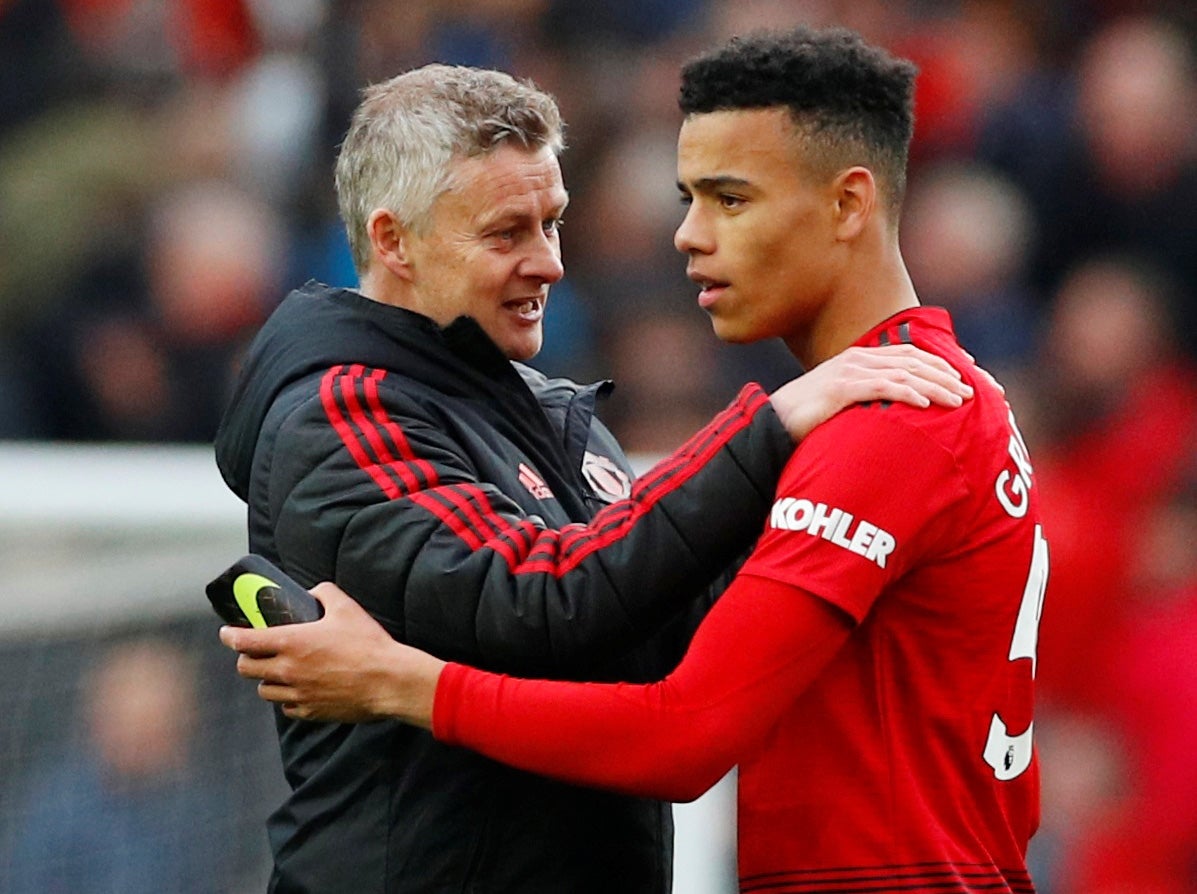
Within that, the decision was deliberately taken to make the definition of “attacking football” relatively broad, to give any manager his own scope and allow a certain flexibility. The common counter-argument is that this runs contrary to best practice among the leading clubs, but United decision-makers would point to similar at Real Madrid and Paris Saint-Germain.
And all of that puts more onus on Solskjaer’s idea, and the amount of faith entrusted in him – which Old Trafford sources maintain is unwavering, regardless of what happens on Sunday.
He was given the job permanently because the club realised he was so “in synch” with their overall strategy and a “cultural reboot”, and his more specific ideas fit with that.
Solskjaer ultimately wants a defensively solid United playing at the kind of devastating speed that opposition sides can’t deal with. You might call it a divine directness. There is a lot of emphasis in training on that “one pass through the middle”, rather than taking three touches to slow things down. Players are encouraged to take risks. This is at least what they are trying to hone, and incorporate into a solid team structure, even if there are questions over whether assistants Michael Carrick and Kieran McKenna are taking too much in coaching.
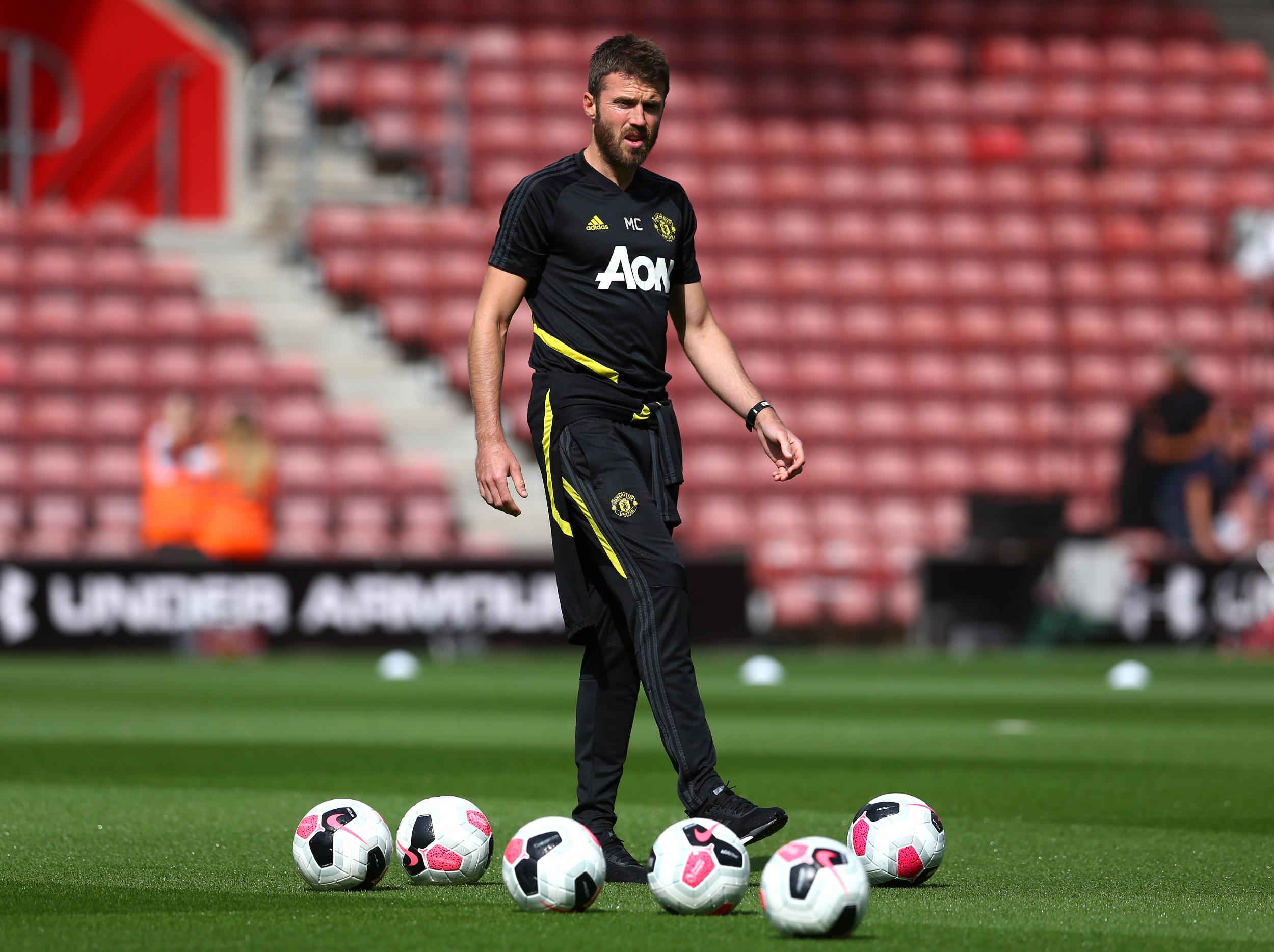
One widespread criticism to add to this is that this isn’t really a way of playing, but really just principles of a counter-attacking game. And they fall down when, as is the case when you’re one of the “big six” clubs, opposition teams willingly give you the ball.
This has been one of the most galling aspects of United’s games. When the onus is on them to make play, they don’t really seem to know what to do with it.
Solskjaer and United sources would maintain that this is a mirage, which is caused by other issues than the fundamental plan.
They maintain the first few months of the Norwegian’s reign are proof of this, and think it will become the norm. The problem, they say, is that the situation right now is entirely abnormal.
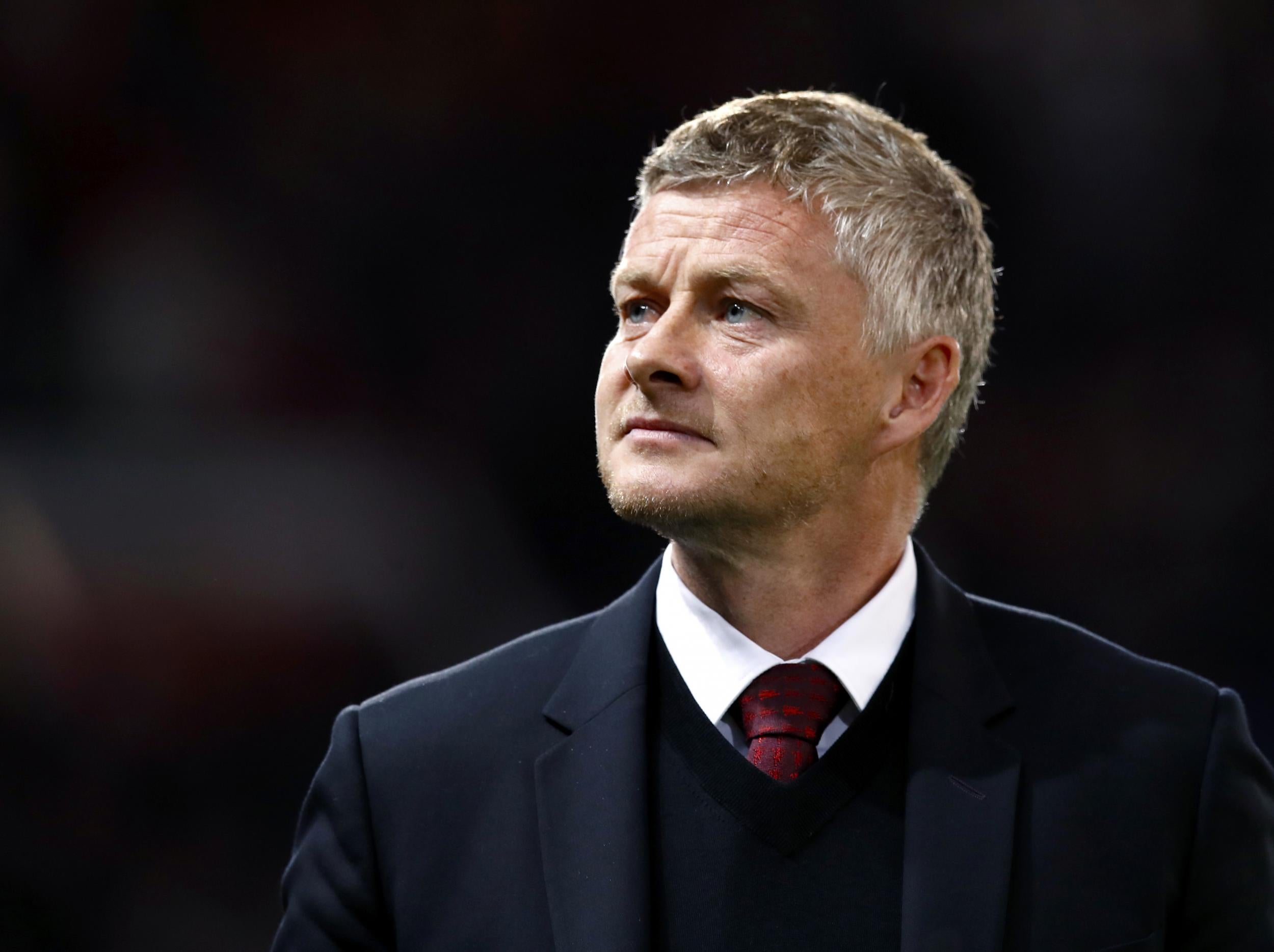
They feel United have a host of coincidental injuries, as the staff have attempted to restructure the fitness approach, which has then exposed the relative shortness of a squad that is also being restructured.
The combination has compounded each individual issue, and also affected the very mental mood of the squad – which Solskjaer is similarly conscious of.
Senior players have privately spoken about how the 2018-19 was the most exhausting of their lives, both physically and mentally. They were jaded by Jose Mourinho’s management and how he would seem to increase the media scrutiny on them. The change of manager did genuinely prove a massively welcome mental reprieve, but the change of approach quickly led to a physical lag, since they’d been conditioned for a different style of football. By the last few months of the season, they found their “load” stats were abnormally high. Players were 18-20% down on sprint ability. The 2-0 defeat to Manchester City is cited as an illustration of this. United were living with them in the first half, only to just fall away in the second.
The mood was actually hugely positive among the players in what was seen as a good pre-season, but the feeling is they are still adapting, as has been seen in the absences.
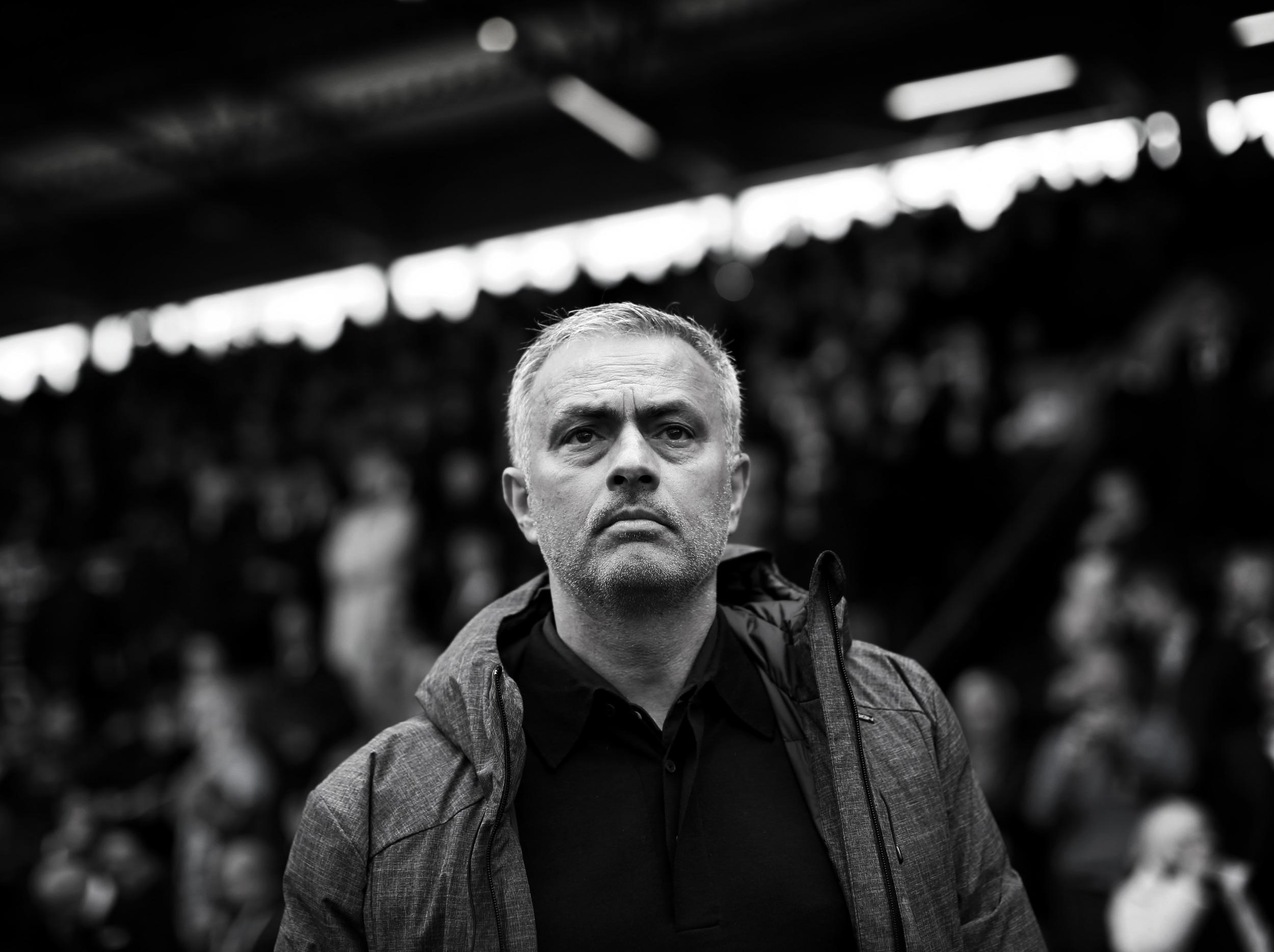
Critics would say the injuries are a direct consequence of that conditioning regime, and that it has exposed a needlessly short squad. Many directly predicted this, in fact, given the oddity that United didn’t sign a midfielder and a striker.
In that regard, the internal feeling at the club is that the poor recruitment of the 2013-16 period is continuing to have a “drag effect”. Executive vice-chairman Ed Woodward privately admits that a lot of mistakes were made in that period, that the current squad is suffering from. The readjustment of recruitment after Ferguson’s retirement just wasn’t unified, and they made decisions they shouldn’t have.
One problem was that the entire scouting system was personally curated to Ferguson, and his individual genius and personality. He and trusted personnel would pick a player, and the manager would just have the ability – and the influence – to ring a senior figure at that player’s club and ask about him. There are multiple stories of these figures answering the phone to Ferguson and then sighing at the realisation that he wanted their player, before just caving and filling him in. This was his power.
This was why they didn’t need a powerful recruitment approach, and its main purpose was to say ‘no’.
One legitimate complaint from “poor David Moyes” – as many at the club now describe him – was that the recruitment department weren’t actually offering suggestions. With Louis van Gaal, then, they bent to his specific demands too much for players who maybe didn’t suit. The Dutch veteran essentially wanted a squad of 18 “John O’Sheas” with the rest filled by youth. Mourinho then came along and ripped it all up.
The recruitment process thereby had to be stripped down, and then built up again, and the belief is that has only now been achieved. It is felt the signings of Harry Maguire, Dan James and Aaron Wan-Bissaka are proof of this. United do suddenly have one of the best defences in the Premier League, and the best by xG at limiting chances against them.
It’s just that these are the foundation stones, rather than anything close to the finishing touches. This is why the mindset of the club has shifted and they are talking about two-year rebuilds.
It is also why the squad has been left short in the short-term, because “cold decisions” have been taken for the long-term. It was Solskjaer who sanctioned the sales of Alexis Sanchez and Lukaku because he didn’t feel they were fully on-board with the “cultural reboot”. The belief is it will be worth it.
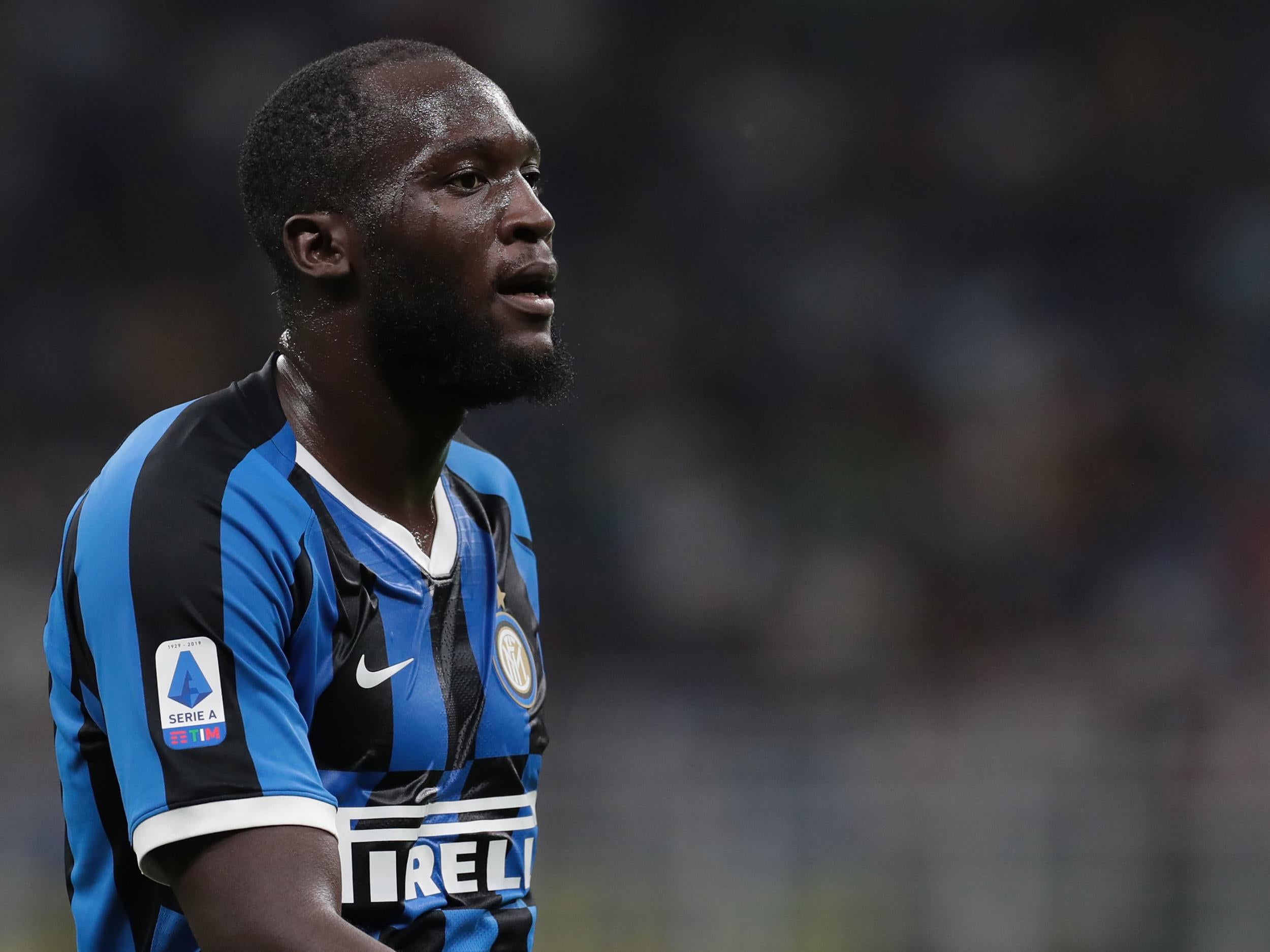
For their part, sources close to Lukaku would disagree with this, and the scoring problems at United haven’t gone unnoticed. They don’t think the striker was treated well by Solskjaer, who seemed to just want him out, even when he would have stayed.
That is just one other individual problem. Another is Marcus Rashford’s form. One Premier League defender who has played against the young striker confides that he is stunned by the lack of development in his game. They say Rashford’s running remains predictable, which is something that should have been coached out of his game by now.
Whatever the truth of that, the net effect is that United feel they have an idea, but not yet the circumstances to make it work.
They are confident it will work. They also feel the short-term results don’t reflect what is really happening behind the scenes.
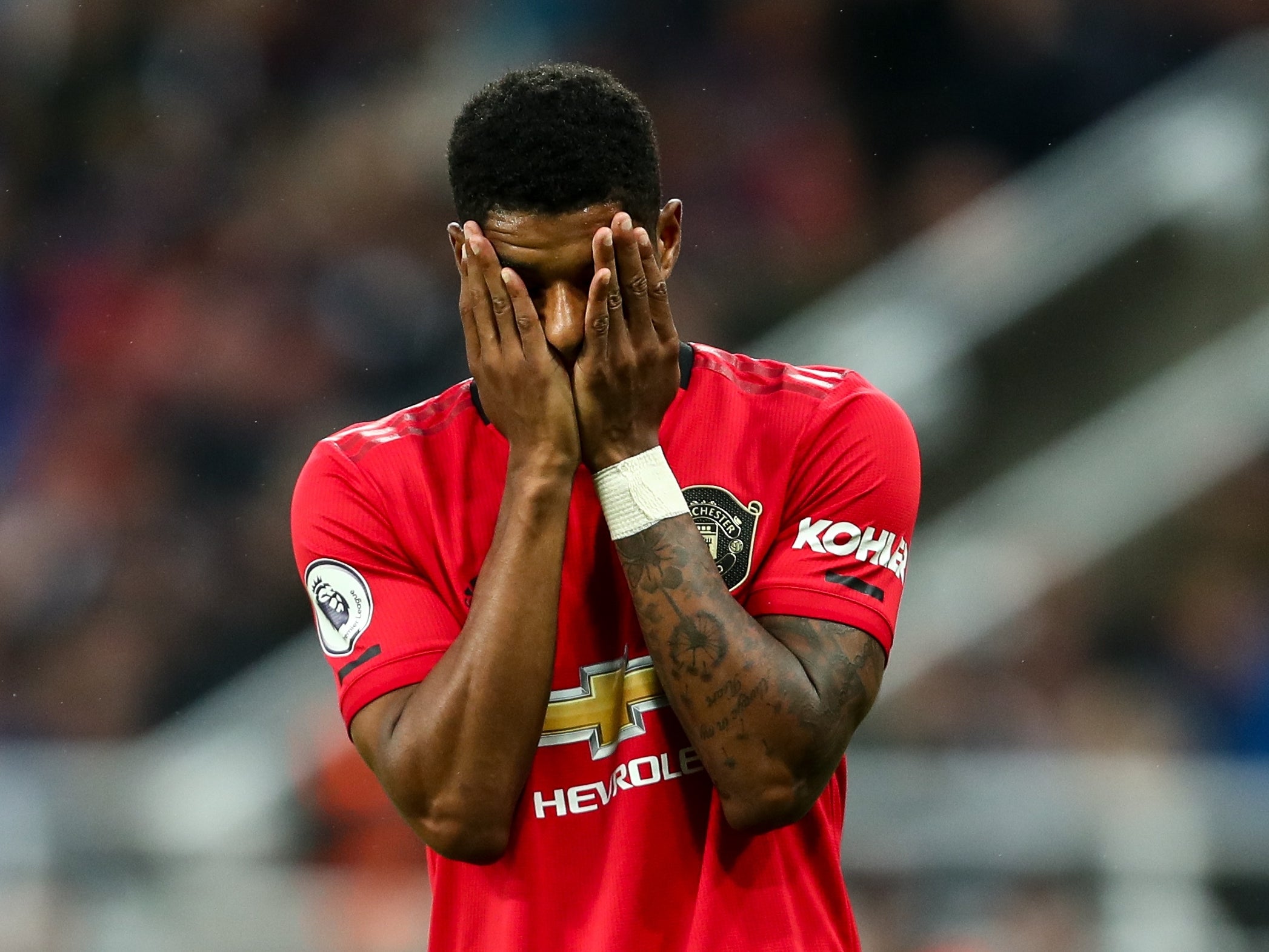
While the 1989-90 season has come up a lot in terms of the atrocious start, others at the club feel it may be relevant in a deeper way: that the work is being done underneath to justify the faith; that Solskaer is gradually building an “elite environment”.
But this is where we get to the nub, and why this next month feels like such a knife-edge.
The belief at the club is that physical fitness will improve, which will see results improve, which will see the mood improve, before the squad improves.
The test of that is whether results refuse to improve in the meantime, creating a different and very negative kind of momentum. It can get to the point where it’s irrecoverable.
This is why some of Solskjaer’s decisions, and thereby the decision to permanently appoint him, feel like such juncture moments.
Key figures at the club will deny this, and say they are going to hold their nerve here. Nothing tests like that bad form.
This is why Solskjaer is so insistent on quickly bouncing back, on maintaining the right mood.
To go with that, club sources maintain “we just need a few wins, no matter how”.
Right now, it’s difficult to see how they beat Liverpool at all. The gap seems too great.
Football, however, has a madness all of its own. Solskaer has his own experience of this. He was at United in the dark days of autumn 2005, when Roy Keane was raging beyond the point of no return, and it seemed Ferguson may soon follow him out the door. It was all that bad, and no one knew what was next… beyond a fixture against a Chelsea team who had won their first 10 games of the season.
Chelsea didn’t win that one. United dug in and claimed a 1-0. It was hailed as the special spirit of the club, that Solskjaer has been really appealing to this week.
Join our commenting forum
Join thought-provoking conversations, follow other Independent readers and see their replies
Comments